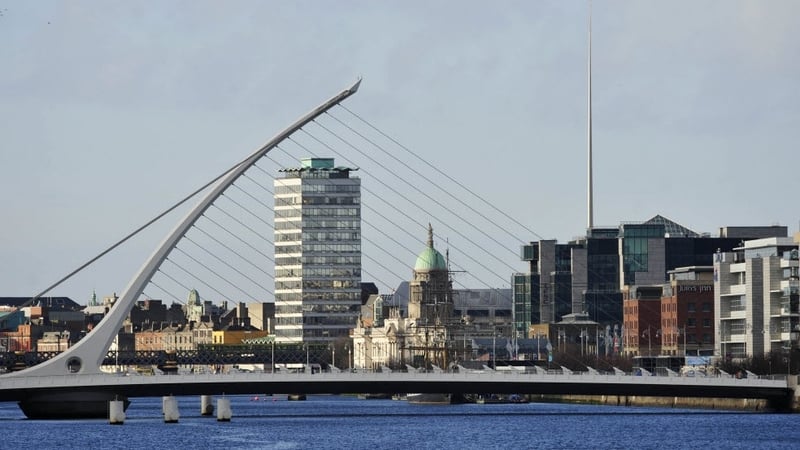Ireland has difficulties managing its own prosperity, according to a report by KPMG which shows the economy is still proving resilient despite economic headwinds.
The report finds “two major inter-related risks” for Ireland – demand for infrastructure, services, and employees in Ireland has never been higher, and the country’s ability to meet demand has never been more stretched.
“For several years, industry and government reports have been highlighting infrastructure and service bottlenecks across the country: in utilities, transport, healthcare, and housing, amongst others,” said Dr Daragh Mc Greal, Head Economist at KPMG.
“As each year has passed, demand has grown faster than the economy’s ability to release supply. In all cases historically, these dynamics have led to lower standards of living. A key challenge is that growing availability of jobs is happening in parallel to quality-of-life issues for many people, for example in housing, commuting and accessing childcare,” he said.
The report said the ongoing “daunting” housing challenge will hinder growth.
“Everyone in Ireland agrees that there is a housing challenge in both the rental and sales markets. There are some differing opinions about how to solve this issue: raw supply growth only, demand management, or tax measures,” the economist said.
“In general, however, the statistics suggest that the pace at which things are being addressed is too slow. Elevated rental and sales prices are a drag on overall economic growth, as non-homeowners must grow savings at a rate ahead of rental/sales inflation, meaning less consumer spending in the wider economy,” he added.
We need your consent to load this rte-player contentWe use rte-player to manage extra content that can set cookies on your device and collect data about your activity. Please review their details and accept them to load the content.Manage Preferences
KPMG said the economy continued to grow in the first half of 2025, enabled both by the export activity of US multinationals and by strong levels of demand domestically.
The firm anticipates that gross domestic product (GDP) growth will be 3.3% or greater, excluding the front-loading of exports in the first quarter due to US trade tariffs.
Growth may moderate to between 1.5% and 2% in 2026 as tariffs affect exports.
“At the start of 2025, the focus was on what President Trump would mean for the global economy,” Dr Mc Greal said.
“Many American businesses imported high volumes of goods in the first half of the year. Subsequent postponements to tariffs and constrained production capacity will mean that those stockpiles will have been dwindling and as-yet unshipped goods could face higher tariffs.”
With the deadline for trade talks now extended to August 1, he said the prevailing view is that a base level tariff of 10% will be the most widely applied to EU exports to the US.
“However, despite all of this, the global, European, and Irish economies will still see growth in this year and the world has weathered risks better than many people had anticipated,” he said.




